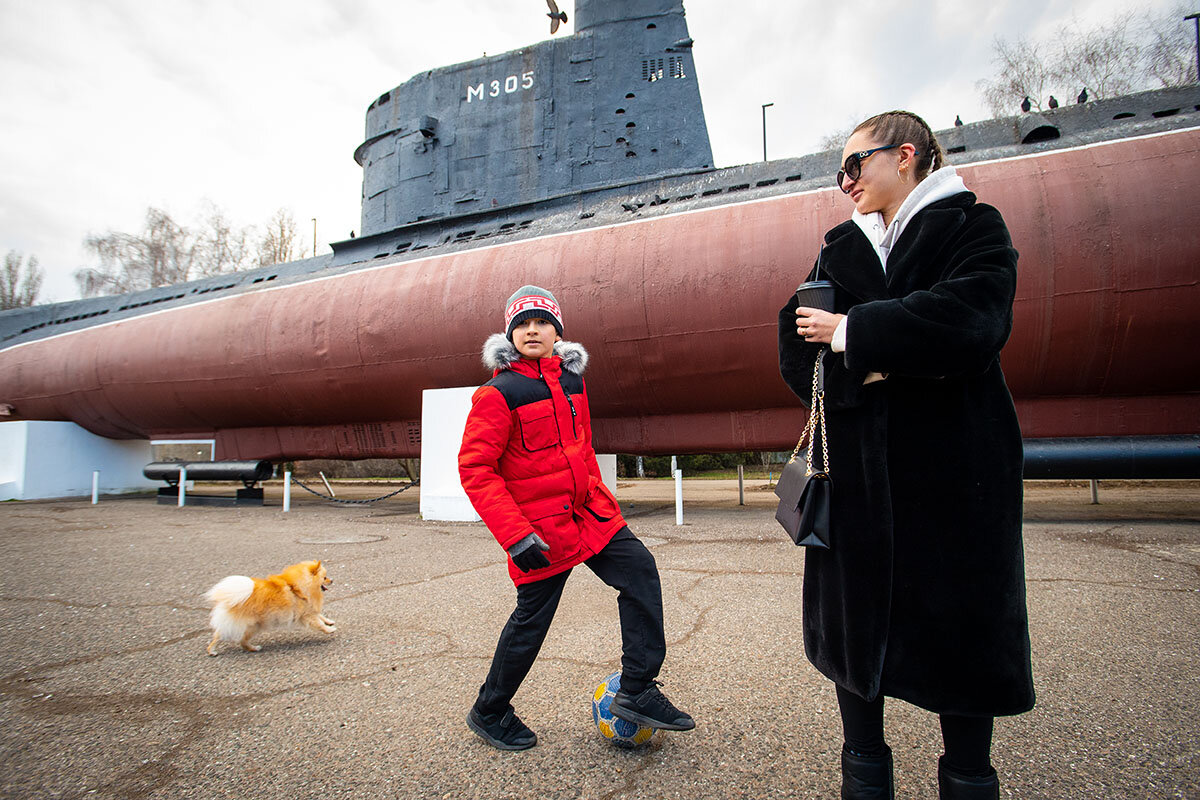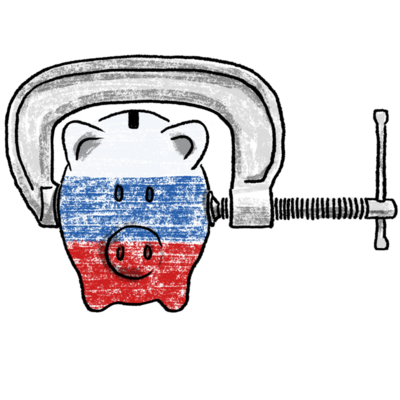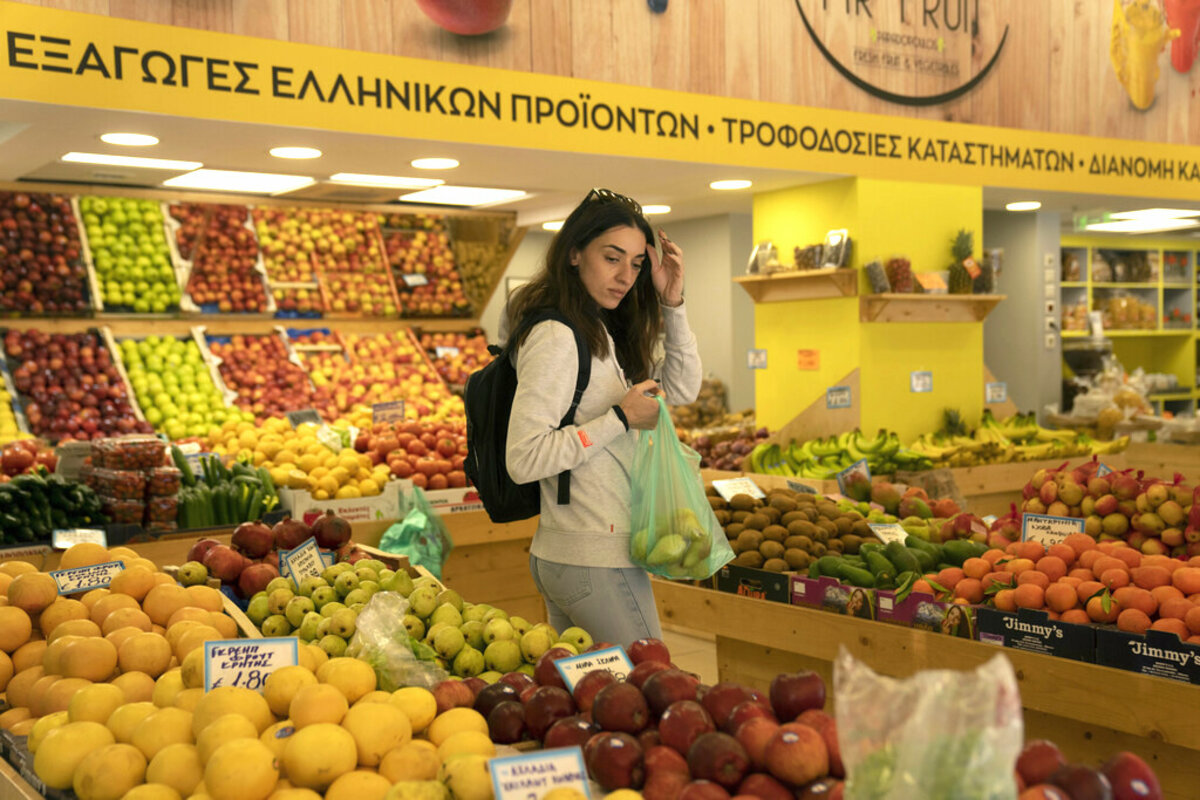Protecting home. Protecting family. Keeping families together. The war is forcing many Ukrainians to choose among those principles. Our reporter spoke to families in Odessa who decided to stay.
Monitor Daily Podcast
- Follow us:
- Apple Podcasts
- Spotify
- RSS Feed
- Download
 Mark Sappenfield
Mark Sappenfield
When is a war not a war? When the Russian government says it isn’t – at least in Russia. Sharp-eyed readers might have noticed that Fred Weir’s story Tuesday on sanctions hitting home in Russia used the phrase “special military operation” to refer to the war. That is what Russia is calling it, and any Russian media that don’t comply are being shut down.
What should foreign journalists do? The threat has led some news organizations such as CNN and Bloomberg to shut down their Russian operations. That’s not really an option for Fred. He’s lived in Russia for 36 years; he has family there. He’s not leaving, and he doesn’t want to stop writing. So the answer has been to keep doing what he can uniquely do – give readers his extensive and nuanced insight into Russian society and politics at this crucial moment, and leave the war reporting to our correspondents outside Russia.
He’s heard the demands from those outside Russia on social media to “cancel” all those in Russia who do not defy the government. But such moral absolutism neglects the significant “good you can do around the edges without making bold defiant statements,” Fred says. For now, the Nobel Prize-winning editor of Novaya Gazeta newspaper is doing the same thing, calculating he can do more by staying open than by breaking the unjust rules and being closed down.
And important stories within Russia can still be told. One might be about the media itself: Slowly, employees at media outlets are beginning to take sick leave or quitting. One journalist held up an anti-war sign during a live broadcast. “I know the Russian people, and they are mostly good people,” Fred says. “People are gradually coming to terms with this and dealing with it carefully.”












